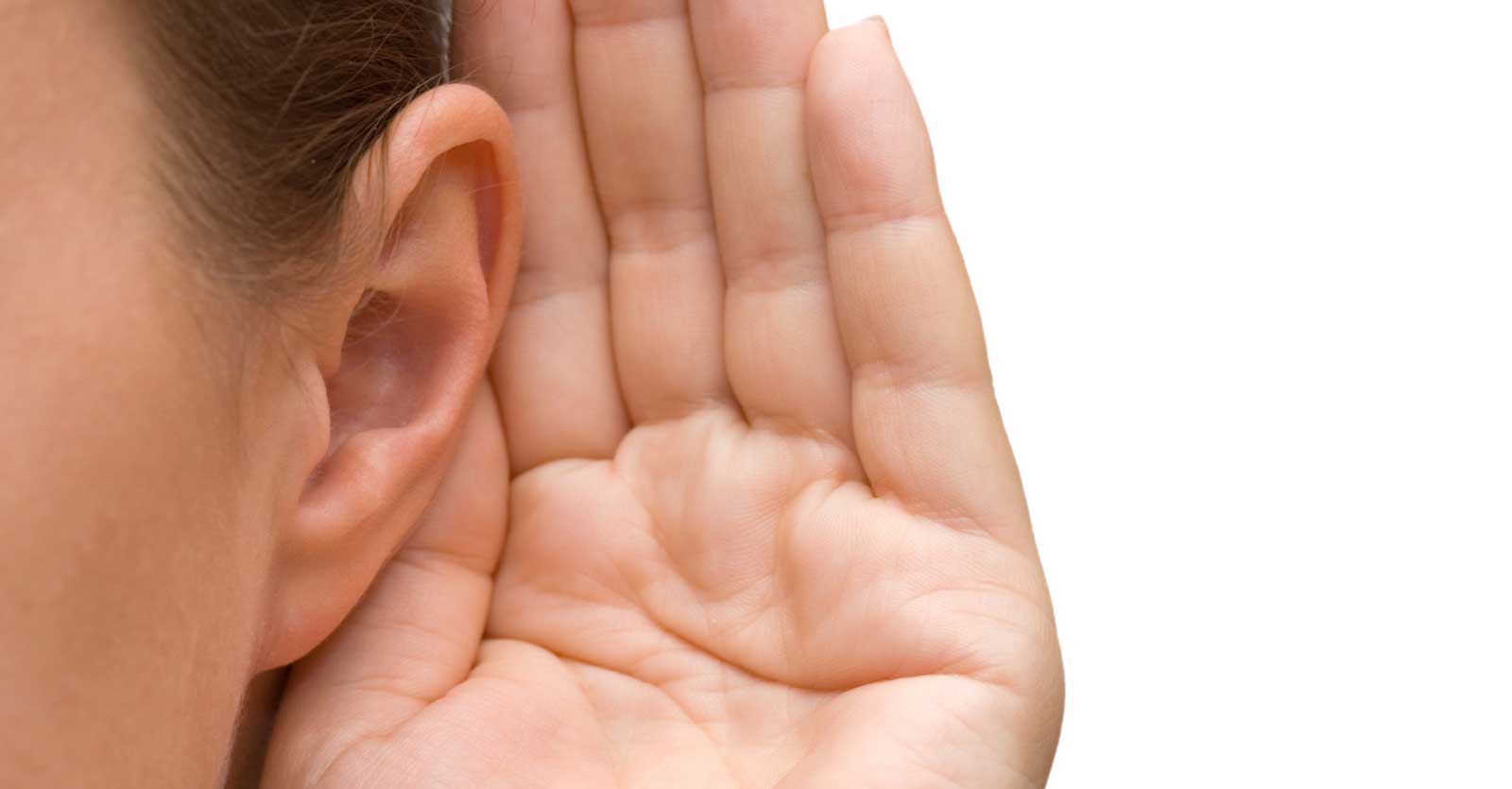Hearing is Precious and Fragile
One in six of all Australians have some type of hearing loss.
August 20–26 is Hearing Awareness Week.
This week is a time for greater community awareness of hearing impairment across all ages. It is a time to look at ways to protect your hearing from future damage due to loud noise, particularly at work.
Hearing Awareness Week is a major event for the Deafness Foundation working with organisations that have similar goals. Events will be organised as well as community screenings for hearing throughout this week.
Those living with hearing loss will have an opportunity to share their experience and knowledge as well as create a greater understanding of their needs and aspirations. It is a chance to explain to Australians what the risks are when exposed to excessive noise, including in the workplace.
Your wondrous ear
The ear is a complex piece of equipment consisting of many parts – not just the visible exterior section – and is responsible not only for hearing but for maintaining balance as well. The outer ear captures sound waves which causes the eardrum to vibrate and the tiny bones in the middle ear to move too. The vibrations pass on to the inner ear to cause tiny hair cells to move. This then causes electrical signals which are sent to the brain, and then deciphered to sound.
Your ears, in combination with your sight and senses, helps maintain balance. The vestibular system, in the inner ear, contains tubes and sacs that are filled with fluid. When movement occurs, this fluid also moves which bends specialised sensory cells. This then leads to an electrical signal to the brain, which is interpreted as movement. Your eyes and muscles can then adjust to help your body maintain balance.
At times problems can occur with this complicated system, due to many causes:
- ageing
- ear wax blockage
- a head injury or trauma
- loud noise for too long
- loud noise from industrial environments such as building sites, transport and mining for example using power tools
- loud noise from exposure to loud music, car racing
- medications – such as anti-inflammatories and certain antidepressants.
The Hearing Awareness Week website identifies a host of possible causes of noise which can damage hearing – from jack hammers to Formula One racing, food processors and car horns. It describes the maximum safe exposure time without ear protection.
Visit their website and find out ‘how loud is too loud?’ with respect to your favourite electrical device or music event.
‘Noise destroys – turn down the volume’ is the message from the Australian Tinnitus Association. Tinnitus is a condition where noises or ringing in the ears or head occurs. Many of us experience tinnitus from time to time.
Common risk factors
- ageing
- a genetic (inherited) disorder
- high blood pressure or narrowing of the arteries
- smoking – can induce tinnitus
- gender – men are more likely to experience tinnitus.
Possible aggravating factors for tinnitus include:
- some medicines, such as anti-inflammatory and certain antidepressant medicines
- caffeine (found in tea, coffee, cola drinks or chocolate)
- alcohol may worsen tinnitus
- smoking narrows the blood vessels that supply vital oxygen to the ears. Quitting smoking can help with managing tinnitus.
There is no cure for tinnitus but we can learn how to manage it.
Tips for healthy hearing
- Avoid too much noise
- Buy appliances and devices with a low noise rating
- Wear hearing protection such as earplugs or noise cancelling headphones
- Walk away from noise
- Remove earwax carefully
- Check medications for hearing risks
- Don’t smoke
- Have your hearing checked.
When to see your doctor
- If you notice any deterioration of your hearing
- Feel as though people are mumbling all the time
- If you have any buzzing, ringing, hissing, clicking or roaring
- If you have sudden hearing loss
- Often misunderstand what people are saying
- Get complaints that you have the radio or television too loud.
Treatment for common ear problems is often relatively easy, provided the cause can be identified early on. At Fresh Therapeutics pharmacies we provide advice on a range of options. We also provide the Pharmaceutical Society Self Care Fact Card entitled Ear problems that can help with hints on how to reduce the risk of ear problems and how to treat those problems effectively when they do occur.
Acknowledgement: Pharmaceutical Society of Australia Self Care Health Column

